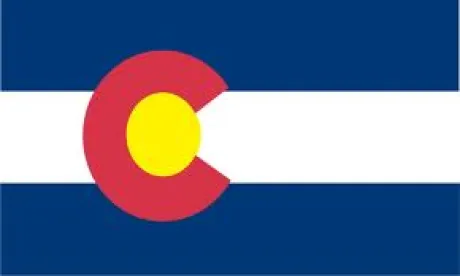On March 5, 2018, the Colorado Supreme Court addressed a longstanding question regarding the statute of limitations applicable to claims brought under the Colorado Wage Claim Act (CWCA) by holding the Act’s statute of limitations reaches back only as far as three years preceding an employee’s termination of employment. The case, Hernandez v. Ray Domenico Farms, No. 17SA77, made its way to the supreme court when U.S. District Court Judge William Martinez sua sponte asked the supreme court to clarify two potentially conflicting sections in the CWCA: one establishing a statute of limitations for unpaid wage claims and another declaring all unpaid wages are due upon termination.
The CWCA’s statute of limitations (§ 8-4-122, C.R.S.) provides all actions brought under the Act must be filed within “two years after the cause of action accrues,” which is expanded to three years for “willful” violations. At the same time, the CWCA, under § 8-4-109, C.R.S., requires employers to pay all wages or compensation “due and payable” upon termination. Plaintiffs have argued (and some courts have agreed) this provision restarts the clock and allows employees to claim unpaid wages going back to the beginning of employment. In the Hernandez case, for example, migrant farm workers sued the farm’s owner for alleged unpaid wages spanning all the way back to 1992.
In an important decision for employers, the Colorado Supreme Court held the limitations period for unpaid wages under the CWCA “begins to run when the wages or compensation first become due and payable and thus limits a terminated employee to claims for the two years (three for willful violations) immediately preceding termination.” In reaching its holding, the supreme court relied on the plain language of the CWCA and the underlying purpose of the statute of limitations—“promoting justice, avoiding unnecessary delay, and preventing the litigation of stale claims.”
The supreme court’s holding confirms that employers will not face potentially unlimited liability under the CWCA. Instead, it is clear that the Act is consistent with the Fair Labor Standards Act and, at most, allows wage claims to run back three years prior to termination of employment. The opinion does not, however, clarify the time period within which an employee must file his or her claim after termination of employment. But, the court’s holding that “the statute of limitations for . . . wages begins to run on the date that each set of wages first became due and payable” implies a rolling statute of limitation that would expire, at the latest, three years after a potential plaintiff’s employment ends.





 />i
/>i

